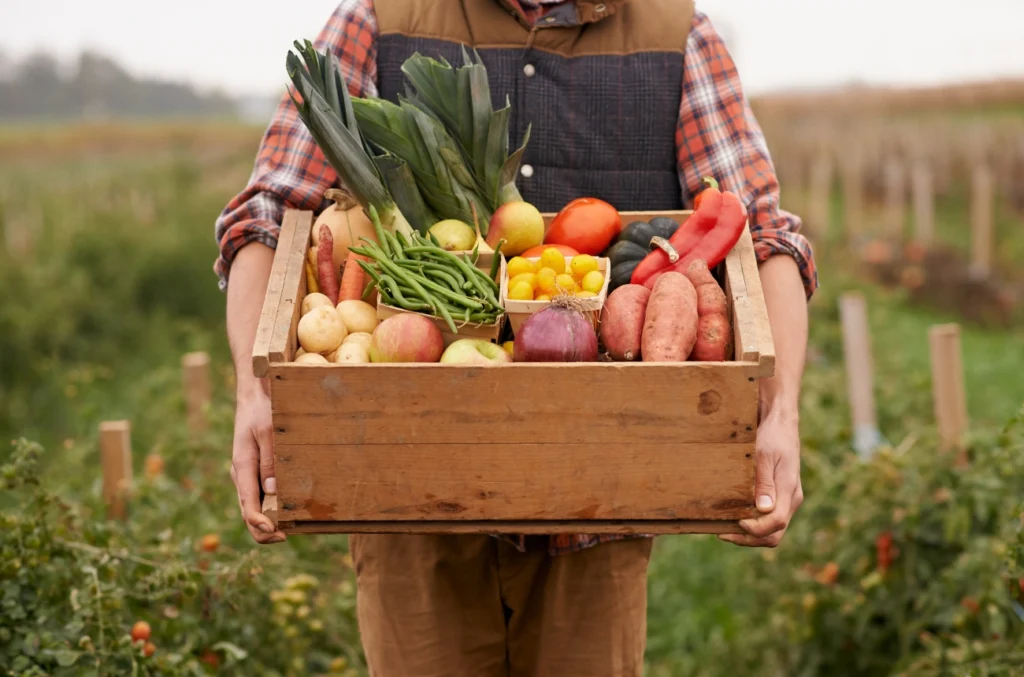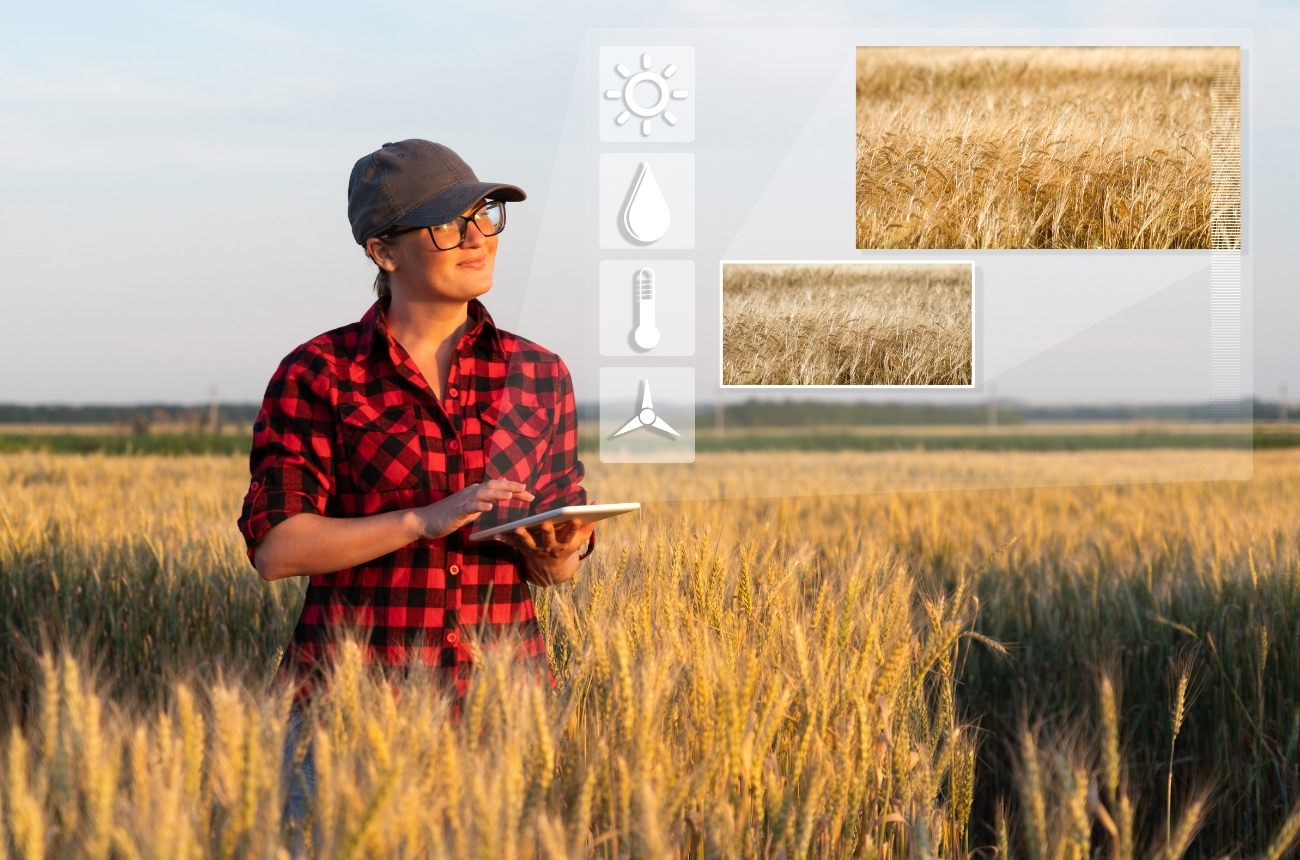Climate change is becoming an increasing concern in the agricultural sector. Especially during the harvest period, the impacts of climate change on the productivity and quality of agricultural products are becoming more evident. However, as a solution to these problems, weather forecasts can shape the future of agriculture.
Impact of Climate Change on Harvest Period
The impact of climate change on the harvest period involves a number of factors that affect agricultural production processes in a complex way. Changing climatic conditions, especially changes in precipitation regimes, increased temperature and unexpected weather events, can make it very challenging for farmers to grow and harvest their crops.
Changes in rainfall regimes, especially the frequency of extreme weather conditions such as drought or excessive rainfall, can disturb the soil moisture balance and negatively affect plant growth. Drought can lead to reduced water resources in agricultural areas and increased irrigation needs of crops, while excessive rainfall can lead to problems such as soil erosion and flooding. This can significantly affect agricultural productivity and quality.
Increasing temperatures also have a significant impact on agricultural production. High temperatures can affect the growth processes of plants, causing problems at critical stages such as flowering and fruit formation. In addition, unsuitable temperature conditions for some plant species can lead to yield loss and decreases in product quality.
Unexpected weather events can also adversely affect the agricultural sector. For example, sudden cyclones, hailstorms and severe storms can cause serious damage to agricultural areas and cause farmers to suffer losses during the harvest period.
For these reasons, the impact of climate change on the harvest period is a serious concern in the agricultural sector and farmers need to develop new strategies to adapt to these changing conditions.

Weather Forecasts’ Solution to Climate Change
The contribution of weather forecasts to agricultural production plays a critical role in the process of planning and managing farmers’ daily work. Accurate and reliable weather forecasts greatly contribute to more efficient agricultural activities and to maintain product quality during the harvest period.
Firstly, weather forecasts help farmers perform agricultural operations such as irrigation, fertilisation and disease control in a timely and effective manner. For example, allowing rain to irrigate crops, rather than irrigating after a day when rainfall is expected, can reduce irrigation costs and make more efficient use of water resources.
Weather forecasts also play an important role in combating agricultural pests. For example, when a storm is expected, farmers can take preventive measures to secure their greenhouses or cover crops in their fields with protective covers. This helps to minimise crop losses and increase productivity during the harvest period.
In addition, weather forecasts help farmers determine the appropriate time for the harvest period. It is especially important to harvest at the right time to determine the optimum maturity and quality levels at which fruit and vegetables should be harvested. Weather forecasts guide farmers in this regard, ensuring that their crops are harvested at the best quality and at the most appropriate time.
Weather forecasts help farmers manage agricultural production processes more effectively and better cope with challenges such as climate change. Thanks to accurate forecasts, farmers can increase the productivity of their crops, maintain quality during the harvest period and make their agricultural activities more sustainable.
You may be interested in: The Hottest Year 2023 and Agriculture: WeatherX Perspective
The Role of Weather Forecasts in Farmers’ Adaptation to Climate Change
Weather forecasts help farmers adapt to climate change and support the sustainability of agricultural production. Reliable forecasts enable farmers to be resilient and flexible, so they can adapt more effectively to changing weather conditions. Accurate weather forecasts help farmers plan agricultural activities such as irrigation, fertilisation and harvesting in a timely and efficient manner. This increases crop productivity and maintains quality, while making it easier for them to cope with the challenges of climate change.
The Importance of Weather Forecasts and Their Importance for the Future
When addressing global warming and impacts on the harvest period, the importance of weather forecasts should not be underestimated. With WeatherX, decisions can be made that can help farmers make better decisions and increase the efficiency of agricultural production. In this way, we can fight against the challenges of climate change in a stronger way.




